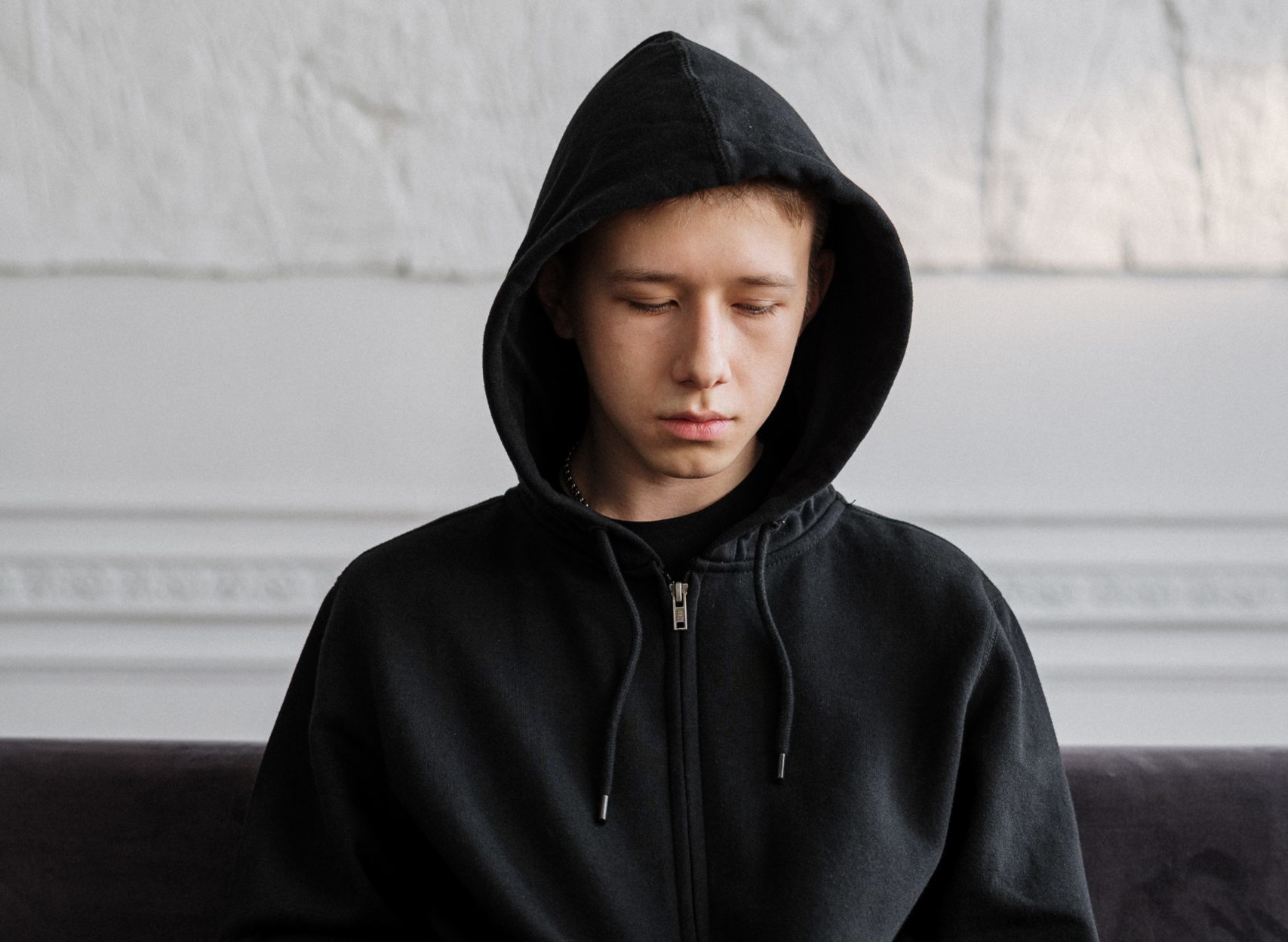Why Do I Feel Hopeless?

We all encounter difficult situations in life: losing a loved one, losing a job, going through a breakup. Most of the time, we understand that things will get better even when we experience these kinds of big challenges. Sometimes, though, we may think we’ll never feel better, that we are powerless, or our situation will never improve. That feeling is hopelessness.
If you are feeling hopeless, know that you are not alone and you deserve to feel better. The first step is figuring out what’s behind your feelings and what you can do to manage them or get help to feel better.
Is What I’m Feeling Hopelessness?
You or someone you love may be experiencing hopelessness if you or they:
- Think or say that things will never improve. Examples include:
- “I have no future.”
- “No one can help me.”
- “I feel like giving up.”
- “It’s too late now.”
- “I will never be happy again.”
- Make negative experiences bigger. For example, if you fail a test at school and then think of yourself as a failure, as opposed to focusing on the fact that you failed one test.
- Ignore positive feelings or experiences. In the test example, maybe you’ve had a lot of success in the class, but you can’t tap into those feelings of accomplishment. Instead, the one bad test makes the whole class experience feel bad.
- Imagine the worst-case scenario. Experts call this “catastrophizing,” and it means when something bad happens—let’s stick with the test example—you imagine the worst thing that could happen as a result: “I failed the test, so I am going to fail out of school.”
- Aren’t interested in activities or events that once brought you joy.
- Feel isolated and alone, or pull away from friends and family.
- Blame yourself for how you feel or believe that somehow the challenges you are experiencing are your fault.
What Can Trigger Feelings of Hopelessness?
Periods of instability or experiencing a significant loss or change to your everyday life can lead to feelings of hopelessness. That’s because these experiences tend to make it harder to meet your basic physical needs, such as food and housing, or your basic emotional needs, such as feeling connected and safe.
Here are some things that can cause hopelessness:
- Losing a loved one.
- Experiencing financial struggles, such as living in poverty, having a family member lose a job, or losing your housing.
- Losing a job, being demoted, or being denied a job opportunity.
- Failing a class or consistently struggling in school.
- Feeling isolated from friends and family.
- Having difficulty connecting emotionally with others, or repeatedly experiencing rejection.
- Living with chronic illness or pain.
- Receiving a medical diagnosis for a serious illness.
When you go through those things and you don’t know how—or you don’t have to support—to cope with or get through them, it can lead to feeling hopeless. If you are dealing with more than one of these situations at the same time or repeatedly struggling with the same experience, it may become difficult to believe that things can get better.
That can lead to feelings of not being good enough or believing there’s no point in trying. If that happens to you, there are concrete things you can do to get support and begin to feel better.
It’s also important to know if your feelings of hopelessness may be related to a mental health condition for which there is good treatment.
Is Hopelessness a Sign of a Mental Health Condition?
Hopelessness is a common reaction to a disruptive or difficult event, but feeling hopeless sometimes has no obvious cause. That may be a sign you or someone you love is experiencing a mental health condition for which you or they need and deserve treatment and support.
Hopelessness is a symptom of many mental health conditions, including:
- Depressive disorders
- Anxiety disorders
- Eating disorders
- Substance misuse
- Personality disorders
- Developmental disorders
- Grief and complex grief
Mental health conditions and hopelessness can sometimes create a cycle in which feeling hopeless makes your mental health issues worse and underlying mental health issues can cause deeper feelings of hopelessness.
Why Getting Help for Hopelessness Is Important
First of all, because you deserve to feel better and to be able to enjoy life. We all do. But there are also some risks that come with not addressing your feelings of hopelessness.
When you are feeling hopeless, you may try to manage it through unhealthy coping mechanisms such as substance use, unsafe sex, or self-injury. Those things may (or may not) help you feel better in the moment, but over time they will make it harder to manage hopelessness.
At its most extreme, hopelessness can lead to suicidal thoughts or behaviors, so it’s important to find good support and help for hopelessness, as well as learn ways you can manage it.
If you—or someone you know—need help right now:
- Text HOME to 741-741 for a free, confidential conversation with a trained counselor any time of day.
- Text or call 988 or use the chat function at 988lifeline.org.
- If this is a medical emergency or there is immediate danger of harm, call 911 and explain that you need support for a mental health crisis.






